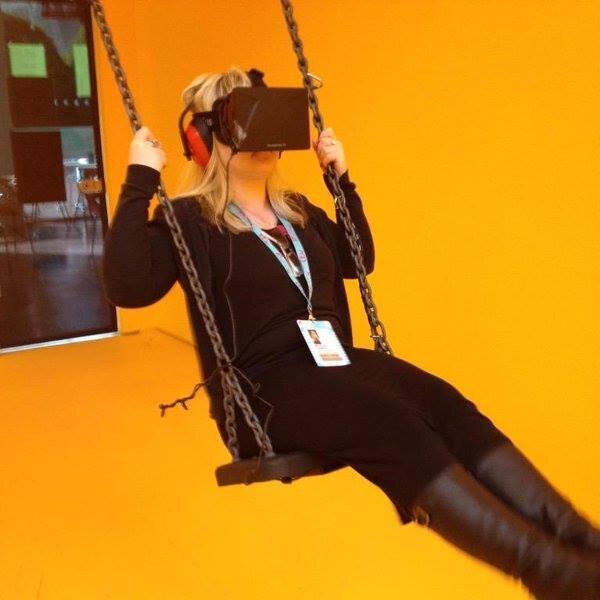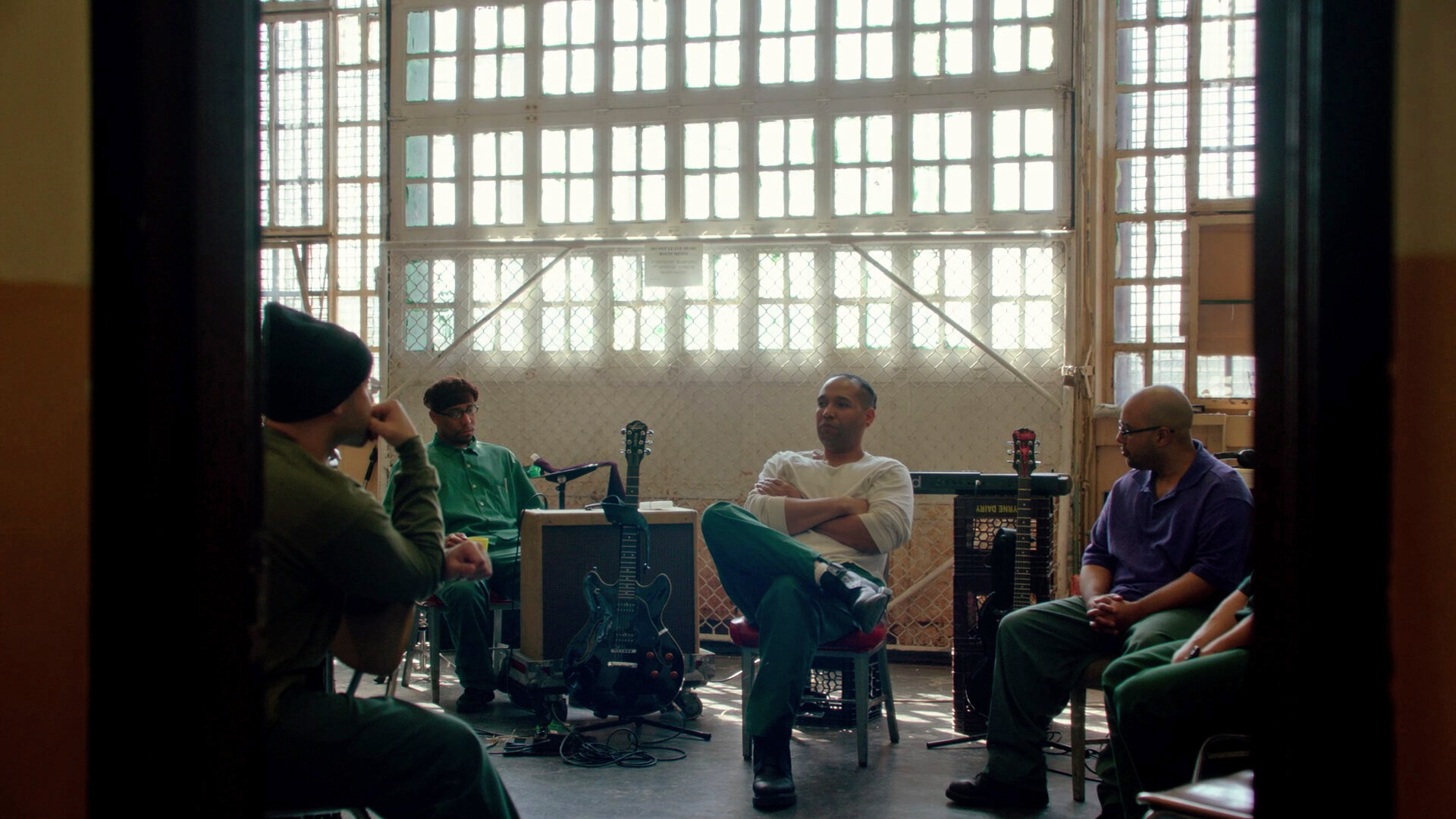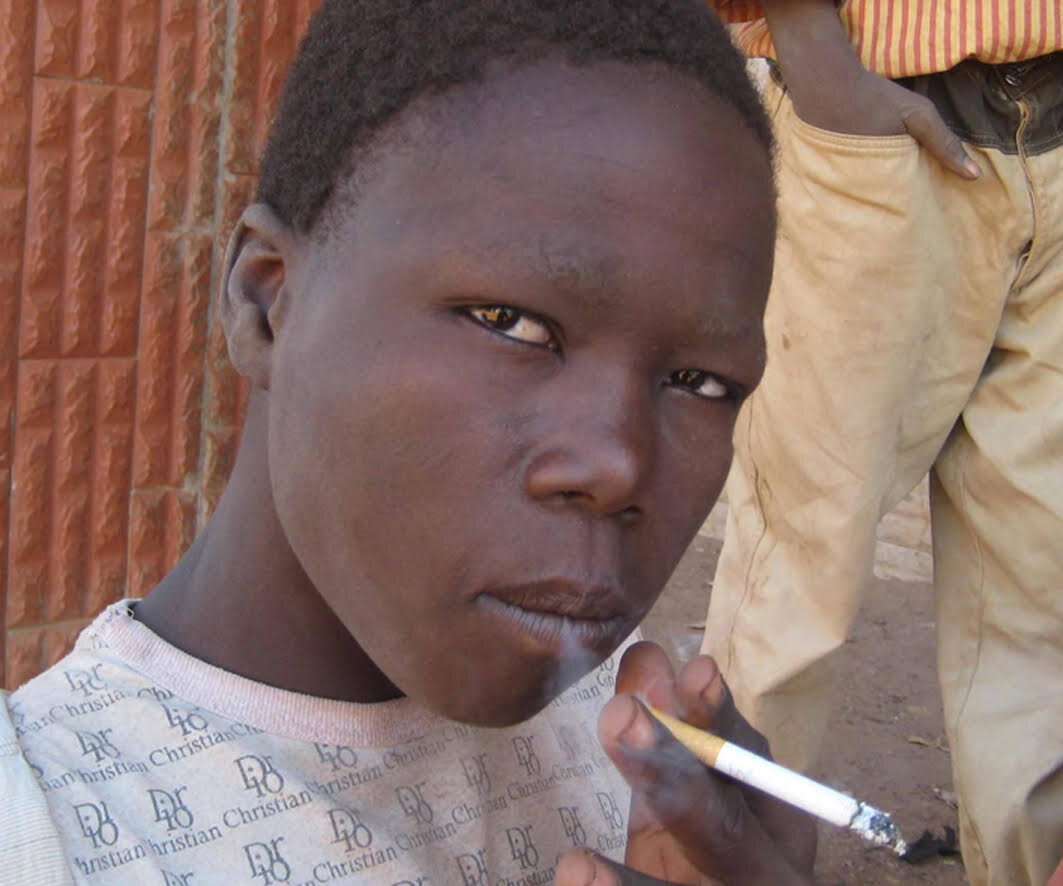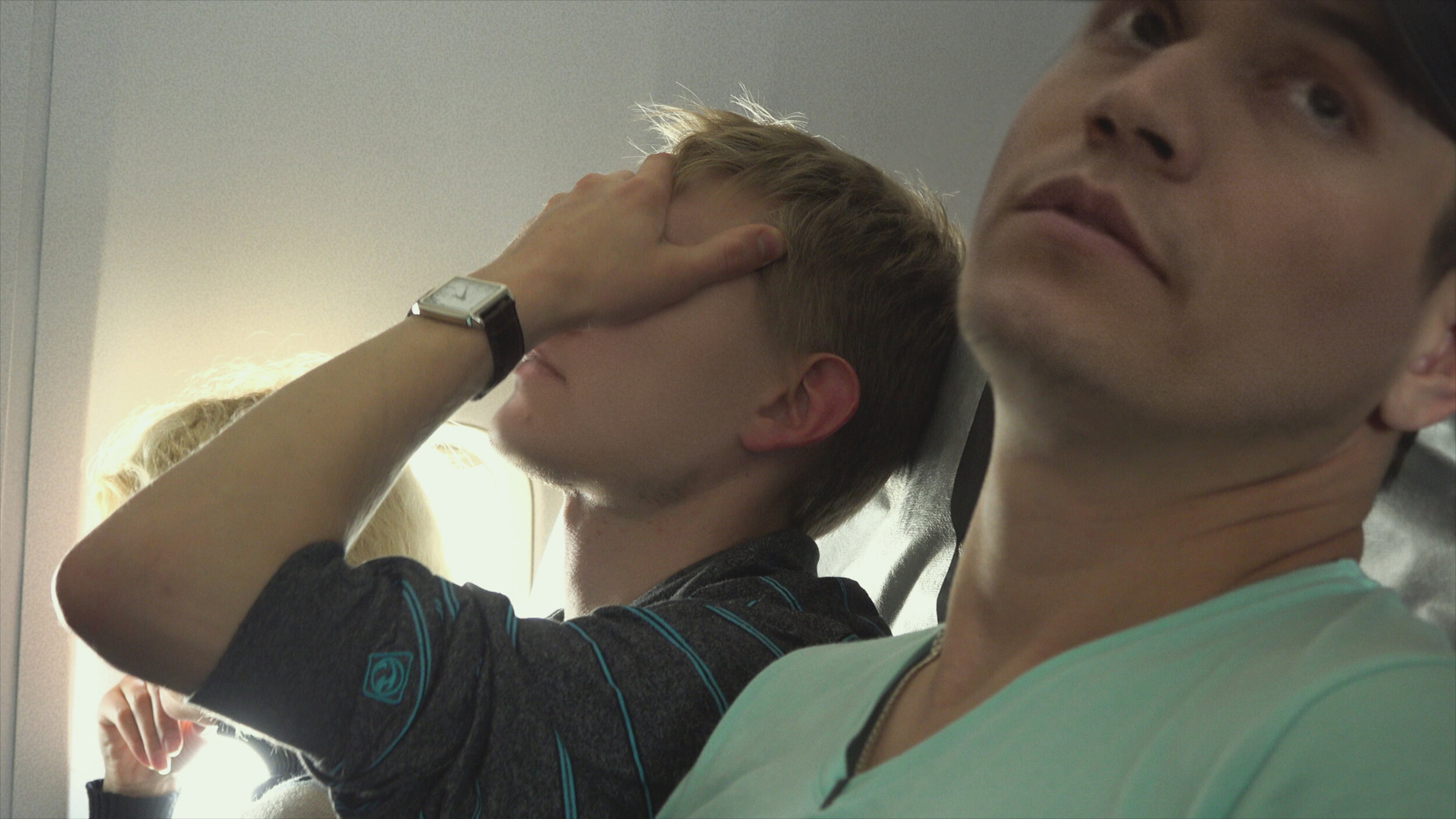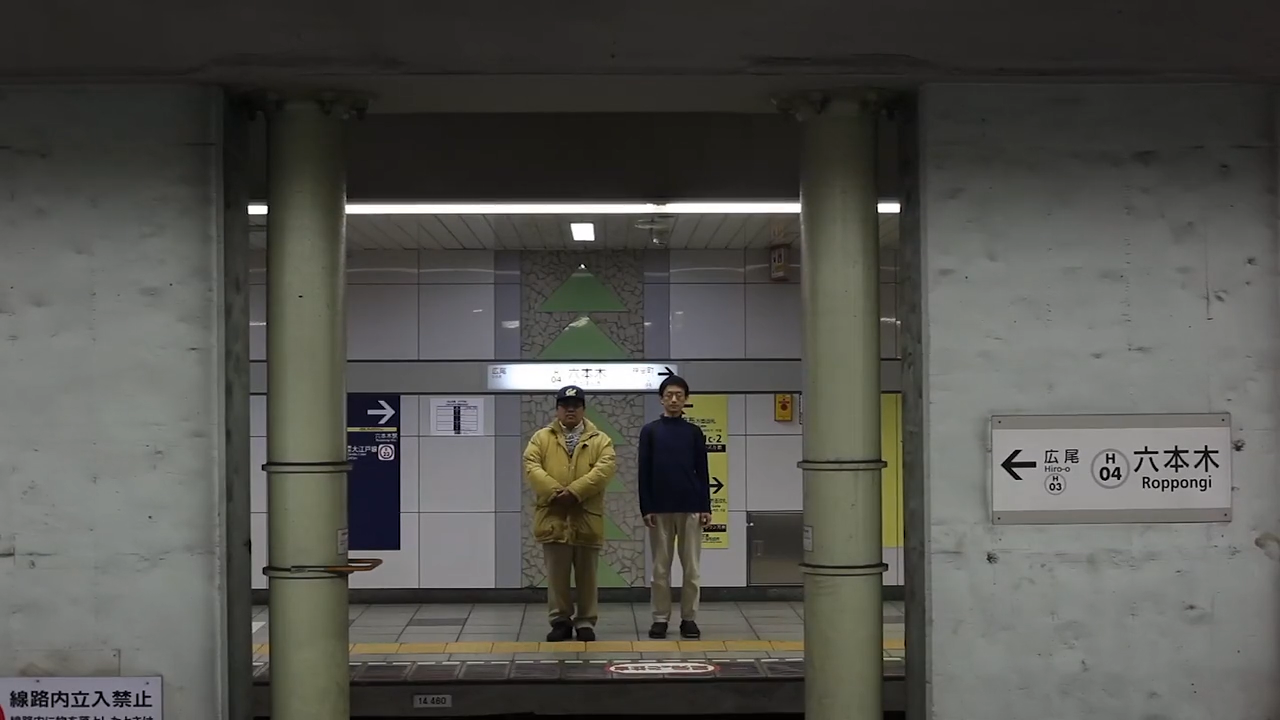The Future of the Film Festival
Reality or Virtual Reality?
The film festival is an event organized to exhibit a hand curated collection of films in one or multiple cinemas in, commonly, a single city. But what happens when the city is closed? In this case how can you exhibit films in this modern-day lock down? Well there’s an easy answer, just wait. Wait until the city is open, until the lock down becomes no more and people can once again visit cinemas. But easy has never been used to describe cinema!
But why not wait? It’s a valid question and for the answer we must ask: what do film festivals represent in our society? Why have film festivals in the first place, well for one simple reason they connect people, they connect cultures and beliefs as well as share views of the world in all of its variety.
“take cinema venues and swap them for the World Wide Web”
Hosting any event in a time of world wide lock down is definitely an underdog story and a film festival is the perfect place for it. So what’s the best way to hold a film festival in the time of a worldwide pandemic, well you hold it online - you take cinema venues and swap them for the World Wide Web.
“this extra content would have been impossible for anyone person to see within the six day schedule”
My first ever Doc/Fest was jammed packed with powerful documentaries, which I would have never seen without their choice of hosting it virtually. As a beginner to festivals in general, the ability to watch films on an online platform is one I am familiar with. This ability provided me with the freedom to plan my own schedule and enjoy more documentaries in a limited time scale. One of the joys of a virtual festival is that all of the documentaries are at the click of a button, the normal intensity of the six day film festival is reduced with the ability to watch for weeks longer, and with the extra bonus of the capacity to re-watch all of my favourites.
Melanie Iredale - Deputy Director Sheffield Doc/Fest
The virtual Doc/Fest organized live Q&A’s and virtual sessions to mirror what they offer in their physical festival. The live Q&A’s allows audiences to still join the filmmakers who discuss their film making journeys and their virtual sessions series which provide a platform for discussion on important modern day issues that the industry faces. These virtual sessions discuss subjects like, how to raise awareness over mental health and what the future of factual television could look like. All of this extra content would have been impossible for anyone person to see within the six day schedule, so for a dreaming filmmaker the ability to access all of these talks and sessions provides me with normally unreachable insight into the industry.
So what does this mean for the future of the film festival? In an interview with Melanie Iredale, the Deputy Director of Doc/Fest, I questioned her on what aspects of the virtual festival they could consider incorporating into their festival next year. Now, for the festival itself she remarked that the online platform allowed them to engage more with people and “filmmakers who wouldn’t be able to afford to travel for the festival” as well as “other filmmakers from further afield”. She also mentioned that by introducing online activities, Doc/Fest were able to communicate with the public more successfully about the amount they offer outside of their fixed six-day film programme. One downside to the virtual festival she noted was the lack of atmosphere when premiering new films in addition to the lack of immediate feedback.
No matter whether film festivals are held physically or virtually it still has the power to create dialogue between people and provide a place where new filmmakers can showcase their work to the world and to brand new audiences. But if this experience has taught film festivals programmers anything, it’s that there are definitely both positives and negatives when hosting a virtual film festival. However, within this there maybe a happy middle ground, which will bring film festivals more firmly into the 21st century.
Written by Hope Rowden
The Presence of the Political
Prior to Doc/Fest’s official opening day, I read over the Industry Catalogue which introduces you to the festival and key individuals. We are first introduced to Alex Cooke who is the Chair of the Board of Trustees. She promptly discusses the effect the current climate has had on the running of Doc/Fest as she highlights the significance of COVID-19 as well as the shocking death of George Floyd. She indicates how she hopes Doc/Fest will shine a light and give voice to the individuals who are not always heard amongst the crowd. We are then familiarised with Cíntia Gil the new festival director for 2020. Cíntia likens Doc/Fest to the line from a 16thCentury poem: “What shall I do when everything is on fire?”. She explains how all this uncertainty we are surrounded by currently, will force the world to change and to find peace amidst the revolution.
Whilst I was participating in this virtual festival, the news was plastered in the Black Lives Matter Movement as stories started to be uncovered of the injustice people had faced over the past few years as well as reflecting upon history. To echo this current climate, I chose to watch Bring Down the Walls which looked at the injustice of oppressed communities in the US. This organisation supports the black community- along with others- as they become victims to prejudice from the law enforcement. I found this documentary especially moving as you follow individuals and learn of their stories which seem unbelievable in modern day society. This documentary discusses the relevance of politics and the effects politics has on the lives of black communities. At the beginning of the documentary a voice over hits us with some shocking facts and questions which left me questioning the intentions of people in power. For example, the audience are asked: “What would it mean to imagine a system to which punishment is not allowed to become a source of corporate profit?”This is an extremely controversial statement which leaves us wondering whether incarceration has ever been a successful strategy for correcting undesirable behaviour.
As more stories come to light regarding systematic racism and the crime of discrimination, we learn how the media is not always as crystal clear as we would like to think. The transparency of the media is often clouded by the government or organisations with exceptional power. The documentary Influence expands on this idea as we follow a wealthy public relations and advertisement corporation as they manipulate individuals to weaponize communication methods. This documentary teaches us about the effect the media has on controlling the ways we think or feel regarding a specific topic. It is interesting to consider this when reviewing media coverage during elections or even significant events. A current instance of this is the minimal commentary on the crisis in Yemen. Recently people have taken to Instagram and social media to discuss this calamity as it is thought that the news and other media platforms are simply ignoring the facts. This documentary is especially powerful as it explores ideas of class and race by scrutinising political use of the media.
What Can A Film Festival Be?
These two documentaries really left me questioning how regular and disguised injustice really is. If individuals are mistreated due to their class, race, gender and status in the twenty-first century, have we really made any progress as a united society? I also tuned into the What can a Film Festival be talk with a board of filmmakers and critiques which also included Cíntia Gill. Cíntia referred to a very interesting metaphor where if you take away all social situations and variables from a documentary you are left solely with politics. This would suggest that all concepts and ideas are built off the concept of politics, policy and strategy. Another member of the board refers to these concepts as rigid structures but after a while they become fragile and begin to fall apart. When discussing this she mentions the Black Lives Matter protests as many people previously thought racism was abolished decades ago, but this was not the case. We could use this metaphor to signify the politics of society, as the politicians change and so do the laws, we notice more and more cracks in how mankind functions.
I never understood the political stance documentaries were taking. I always believed they were a source of information to shine light on the unheard voices, but now I am able to observe the deeper meaning. They strip away all the emotional covering of tragic events and occurrences and leave you to observe the injustice. This violation can be seen on a small scale, like in the sense of Influence where individuals were pried on due to their lack of knowledge: or on a global scale such as what was witnessed in Bring Down the Walls where large proportions of society were wrongfully convicted due to prejudice leadership. In conclusion, there is a strong correlation between the presence of politics in documentaries as filmmakers wish to demonstrate the hard-hitting facts regarding people in positions of powers.
The Documentary Festival of Youth and Human Rights
A Telling Tale of Widespread Violation
Youth. Education. Human Rights. An unstoppable triad, a triad which appears to have been forgotten across the globe. If the youth are not educated on what people are entitled to and held accountable, how can we possibly have widespread human rights? Through a series of hard hitting documentaries, Sheffield Doc/Fest uncover just how inadequate society still is when it comes to acknowledging how we all deserve to live a life without fear of persecution.
The failure of a proper education hits the viewer hardest in Barokaman. Following a group of boys from the ages of seven to sixteen, the film marks their journey to Burkina Faso’s capital in the search of a better life. To some degree, the documentary is inspirational. However, the immense failure of society to support these boys just makes me angry. One boy mentions how he could have become an apprentice to raise money for his struggling family but will not be paid until he learns a trade. How is this fair? The Universal Declaration of Human Rights highlights the right for opportunities to access work but it is clear the odds are stacked against the younger generation from the outset. Through this documentary that interweaves individual accounts of hardship with footage from their journey, the importance of education as a fundamental human right cannot be understated.
“Youth. Education. Human Rights. An unstoppable triad, a triad which appears to have been forgotten across the globe. ”
Other documentaries across Doc/Fest also indicate the importance of widespread human rights. In Welcome to Chechnya, France unrelentingly shines a light on the mass persecution of the LGBTQI+ community in Chechnya. The most notable message that arises from the documentary is that we still have a long way to go in terms of universal acceptance of others. If it was not for the bravery of Lupinov in making his story public, the failure of the Chechnyan government to protect its citizens would go unnoticed. I am not sure what shocks me more, the fact this atrocity is still going on in the twenty-first century or the fact that we are more technologically connected than ever and we were oblivious to the situation in Chechnya. No government should act in a way that destroys human rights and this documentary is powerful in showing how it is not a given that everyone can live their life the way they please.
Me and the Cult Leader: The Modern Banality of Evil provides a different perspective to human rights than Barokoman and Welcome to Chechnya. On one hand, the documentary does look at the importance of human rights with the 1995 sarin gas attack affecting peoples’ right to live in a safe environment. However, it goes deeper than this in how it confronts the victim-villain concept. Yes, the member of the cult is in the wrong but to what extent is he complicit in the attack and to what extent is the government responsible? Yes, everyone should have the freedom to have their own beliefs but at the same time, the government surely has a duty of care to be aware of any dangerous ideology that may be circulating. In both instances, Me and the Cult Leader explore the definition of human rights and the cataclysmic potential when a society causes dangerous ideals to breed.
“we still have a long way to go”
Despite all of these documentaries leading the viewer to question society, it is evident that one documentary does more than this. Alexandrowicz’s The Viewing Booth delves into the very core of human rights and whether film can change our views surrounding human injustices. Following a student Maia who is strongly pro-Israel, the documentary juxtaposes film and reality from both sides of the Israel-Palestinian conflict. This then illustrates to the viewer how even when people are shown things that greatly contradict their beliefs, the viewer’s belief system may cause a distortion or justification of the events. This leaves a big question to be pondered, surrounding our own objectivity and whether we can ever have universal human rights if we will always have subjectivity.
Overall, we still have a long way to go. The acknowledgement that we all deserve human rights is something. Whether it is access to opportunities, openly expressing your sexuality without the threat of persecution or merely being protected from harm, the recognition is certainly there in a lot of countries. However, a lot of countries are not enough. Through shining a light on the injustices still present in our modern day society, Sheffield Documentary Festival proves itself to be a powerful tool. A tool that forces us to sit up and take note. Youth. Education. Human Rights.
Written by Tess Cox
Politics and Pride: Welcome to Chechnya’s Reminder
David France created Welcome to Chechnya to highlight the treatment of LGBTQI+ in Chechnya. This is a place that I had never heard until news started spreading about the monstrosities committed against LGBTQI+ people who lived there.
Although this film is focused on Chechnya, filmmaker France shines the light on more ‘progressive’ countries like the USA, Great Britain, Spain, Sweden when revealing the torture endured by many of those who identify as LGBTQI+ in Chechnya. Why? Because these countries did very little to help. Besides a public condemnation of what is happening in Chechnya, governments took no further action. In Welcome to Chechnya France reminds us that these governments, who promise asylum to those whose lives are being threatened, can easily turn a blind eye to hundreds of LGBTQI+ people in need of somewhere to escape.
Welcome to Chechnya screening as part of Official Selection Programme Doc/Fest 2020
I have had arguments with friends on why there is no ‘Straight Pride’ when they claim that there is no longer a need for Pride celebrations anymore. But Pride has never been a celebration. Pride began as a gay liberation movement with the first March taking place June 28th 1970. Stormé DeLarverie, a lesbian, fought back against the police who were arresting her after a raid at Stonewall Inn in June 1969. She called on the crowd to fight back too.
Pride has since morphed into a somewhat commercial display. It is a safe place for people to celebrate their own sexuality, but it is still a political demonstration. People on Pride marches do not march to flaunt the fact they are LGBTQI+, but to protest the phobia received on the streets where they live. In Russia, a Pride March is not a reality.
So why is Welcome to Chechnya so important when it comes to Pride? Well, it serves as a reminder that there is still so much to fight for in the LGBTQI+ community. The film's relationship to Pride is not lost on the producers either, with its release on HBO falling on June 30th, the final day of ‘Pride Month’. It comes as a reminder of the privilege of being able to march for Pride as well as a call to action to help those who can’t.
First Pride March in New York City, June 28th 1970. One year after the Stonewall Riots.
It also highlights the importance of the people’s voice to guide the government. By demonstrating how little our government, and many others, have done to help LGBTQI+ people from other countries – not just from Chechnya – it becomes apparent that people need to do more to force the politicians to act; by writing to a local MP and urging them to raise the issue in parliament, to fight without backing down until more is done to help foreign LGBTQI+ people.
“the fact that there are even gay bars is a blessing, but the problem is still here; homophobia is everywhere”
But we also have to look closer to home. Doc/Fest is a film festival based in Sheffield, a South Yorkshire city, a city built on its metal works, a city – like many northern cities – that homes a predominantly working class. I have lived in Yorkshire my whole life. I moved to Sheffield from Wensleydale, one of the better-known dales of the Yorkshire Dales. As you would expect, there is very little in the way of LGBTQI+ recognition in such a conservative farming community. When I came to Sheffield for a university Open Day, I walked past the ‘Gay Quarter’, consisting of only one or two bars, but with Pride flags proudly placed outside. In my two years studying in Sheffield, I have seen the windows to those bars smashed twice, homophobic slurs shouted at those waiting to go inside, and therefore I have never been to those gay clubs because I am scared of being attacked as I leave. I understand this fear comes with privilege: the fact that there are even gay bars is a blessing, but the problem is still here; homophobia is everywhere. The way to change it seems simple: educate people. Yet, governments are reluctant to force such ‘beliefs’ on people, just as they are reluctant to take in the asylum seekers escaping from Russia.
So, we come back to Pride month, a chance to educate on LGBTQI+ issues, a chance to explore LGBTQI+ stories, and the perfect place for Welcome to Chechnya to do both. It may only be one hour and forty-seven minutes, but it summarises the pain and the fear of the LGBTQI+ community across the world. It definitely shows why Pride is still so relevant in the modern day and exactly why there is no need for ‘Straight Pride’. But there are plenty of examples of people being murdered simply because they are LGBTQI+, and one of the most relevant and important is Welcome to Chechnya.
Pride began as, and always will be, a protest, until the murder and torture of LGBTQI+ people stops and LGBTQI+ people feel equal and safe in their own homes. This is a reminder to anyone and everyone who thinks Pride is just a celebration and a chance for companies to sell some rainbow patterned clothing. Pride is a fight and if you ever forget the stakes then watch Welcome to Chechnya. Our political climate is slowly creeping more right-wing and LGBTQI+ rights are being lost in countries where they were first implemented. Just because you can buy rainbow Calvin Klein’s doesn’t mean the protest is over. And looking at the treatment of LGBTQI+ people across the world, we could argue it has barely begun.
Written by Saskia Welch


